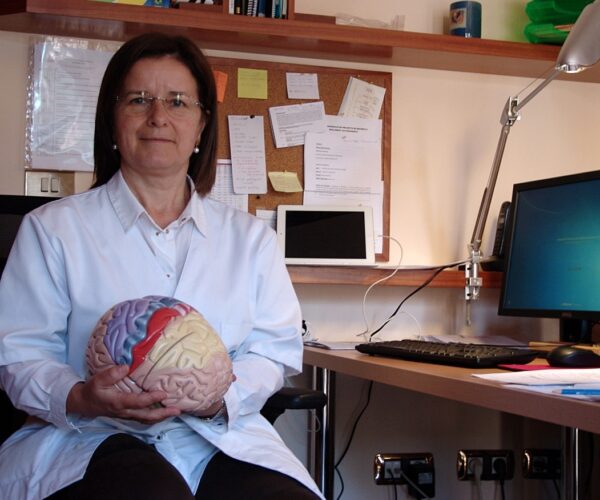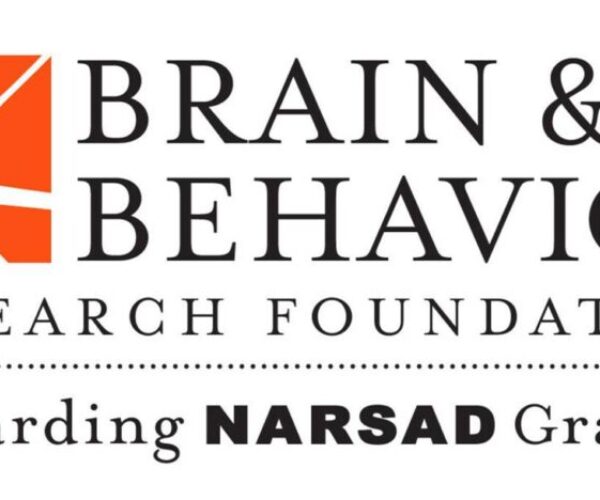Brain & Behaviour Research Foundation rewards Dr. Elisabet Vilella (IISPV) with the NARSAD Independent Investigator grant
Mental disorders are one of the top public health challenges in the European Region, affecting about 25% of the population every year. Bipolar disorders rank as one of the most incapacitate illnesses (14 % of all hospital beds) in working age adults worldwide. This disorder is a mental illness that involves severe mood swings along with changes in sleep pattern, energy levels, concentration, and behaviour.
Unfortunately, the ways to tackle this disease are quite limited, mostly due to the poor understanding of the factors that provoke this pathology development. Dr. Elisabet Vilella, the Research Director of the Pere Mata Institute, in collaboration with internationally recognised researchers from the Hospital Clínic de Barcelona University and FIDMAG (Foundation for Research and Teaching Maria Angustias Giménez) received almost € 100,000 from the 2017 NARSAD Independent Investigator to develop the BIPOGENT project.
It has been proven that genetic changes in bipolar patients might be caused by environmental factors, among which child maltreatment could play the major role. For instance, bipolar disorder patients with a history of childhood abuse tend to experience disease in a more severe form. Bipolar psychosis has recently been associated with an increase in blood and brain stress and inflammation biomarkers. However, whether this increase is a cause or consequence of the psychiatric illness remains unknown.
Researchers from three centres aimed to perform a comprehensive study of gene alternation patterns in a sample of 600 volunteers: 300 with bipolar disorders and 300 healthy matched by age, gender and level of education. The results obtained up to date by the research group of Dr. Vilella based on 60 patients and 40 healthy volunteers revealed possible genes that could be biomarkers for stress status in psychiatric diseases and the correlation between child abandonment and psychiatric disease development. The results of this part of the project have been published in the prestigious journal Epigenomics.
Dr. Vilella says: “We observed that stress (psychological and biological) changes the gene expression, and this is related to the “quality” of the brain white matter. The results of this study will help to better conceive the bipolar disorder disease thus advancing in its treatment“.
The Brain & Behaviour Research Foundation is committed to alleviating the suffering caused by mental illnesses by awarding grants that will lead to advances and breakthroughs in scientific research. The NARSAD Independent Investigator Grant is provided to scientists who have gained national recognition as a principal investigator to facilitate innovative research opportunities.


